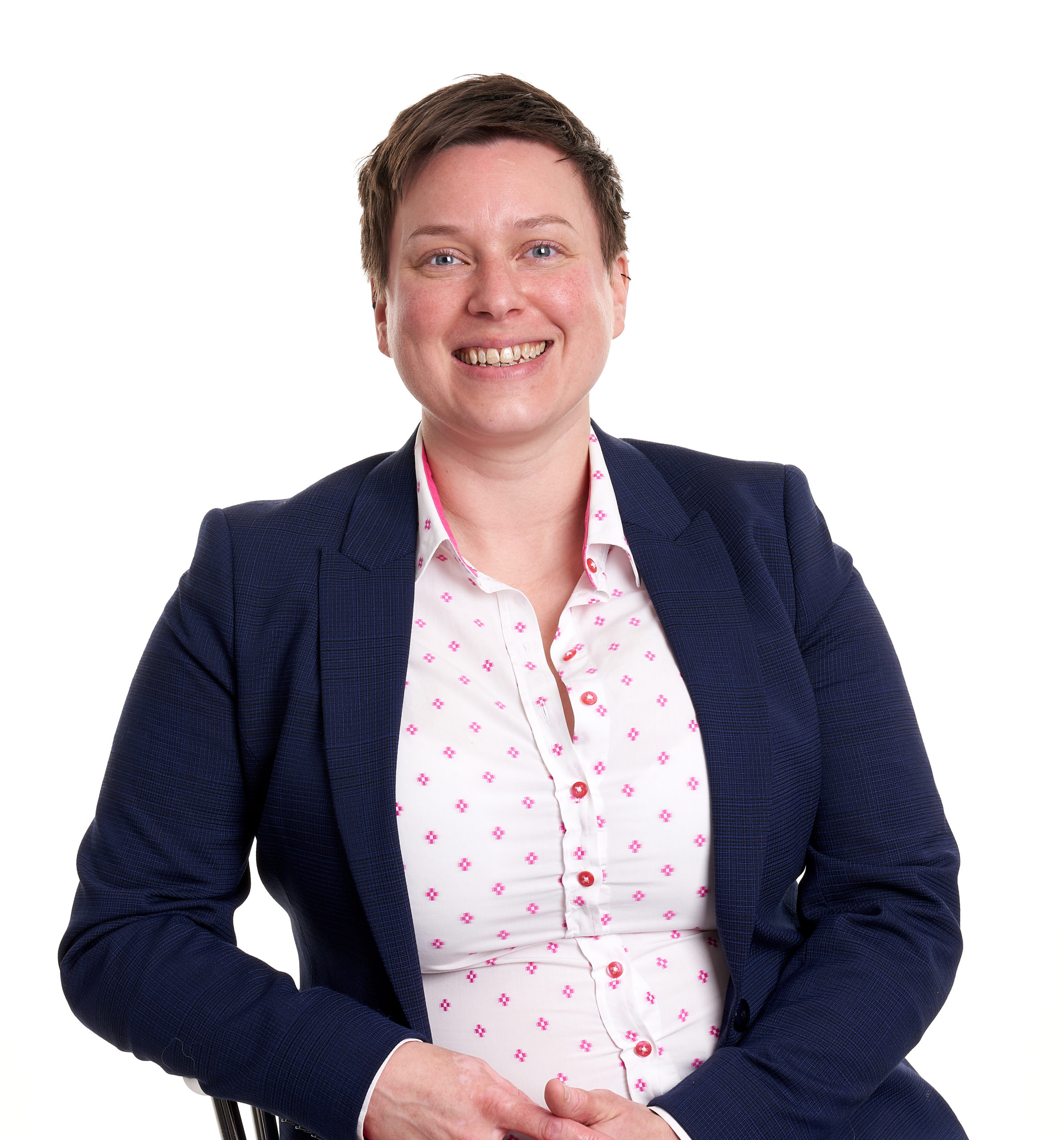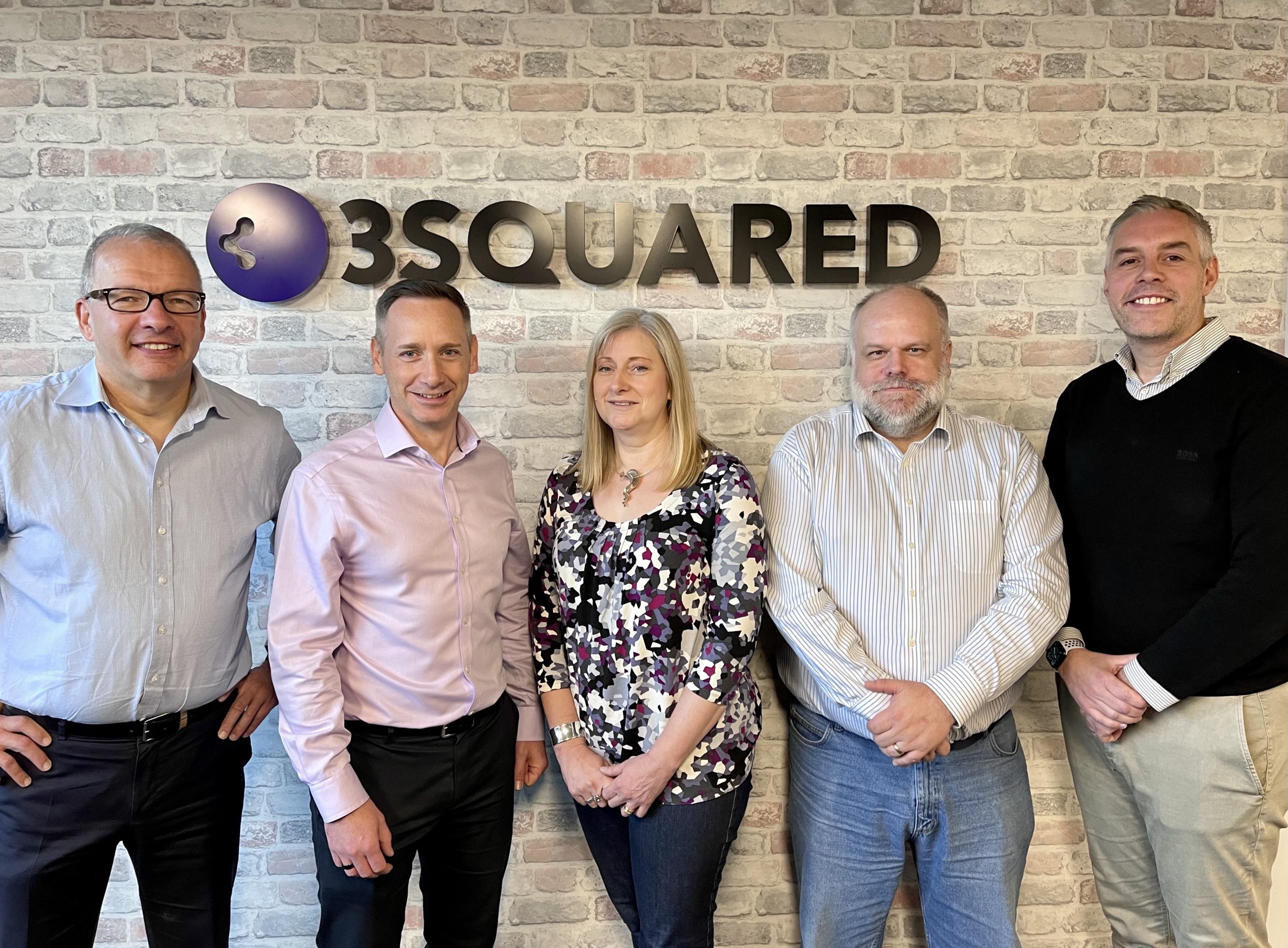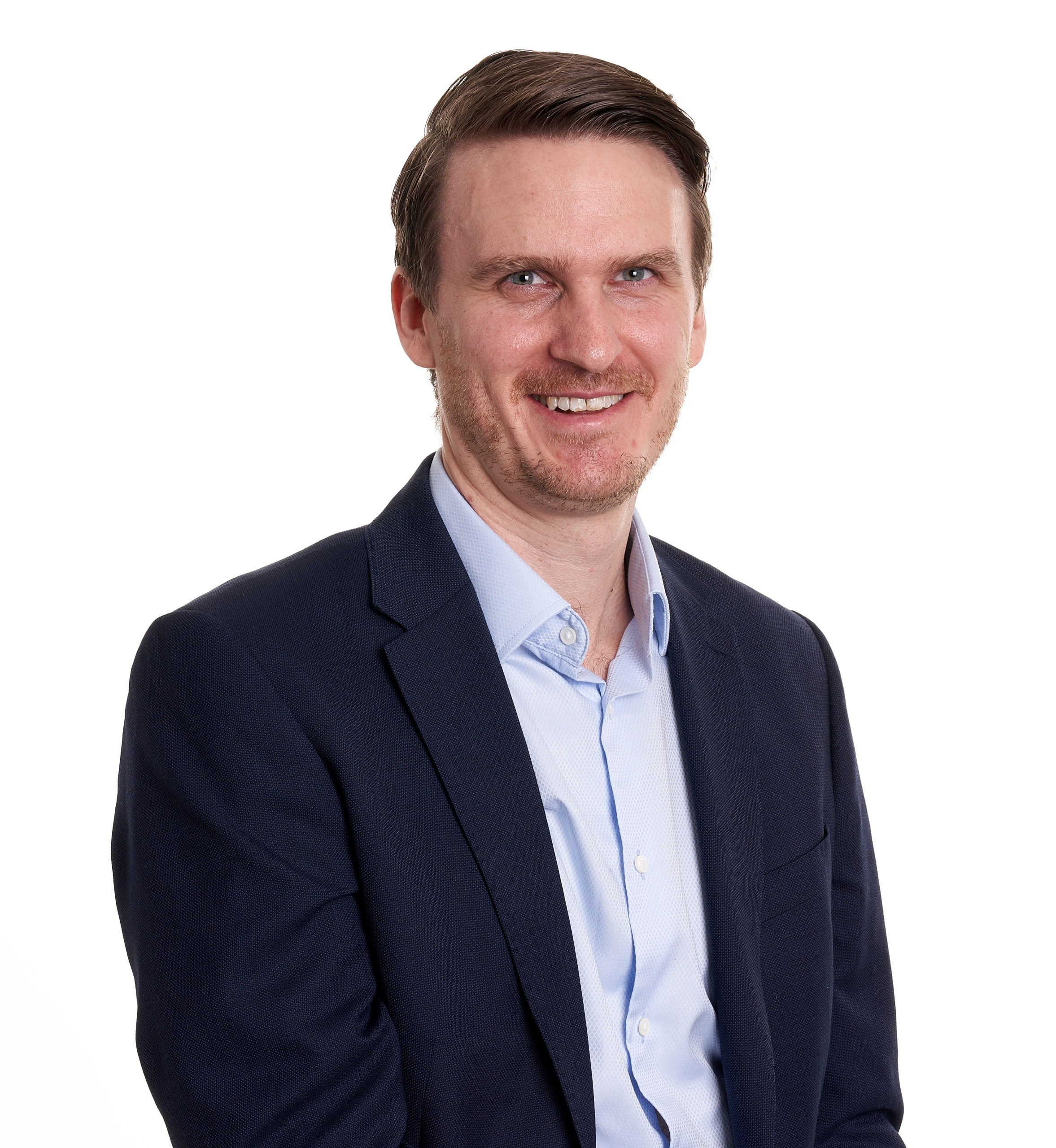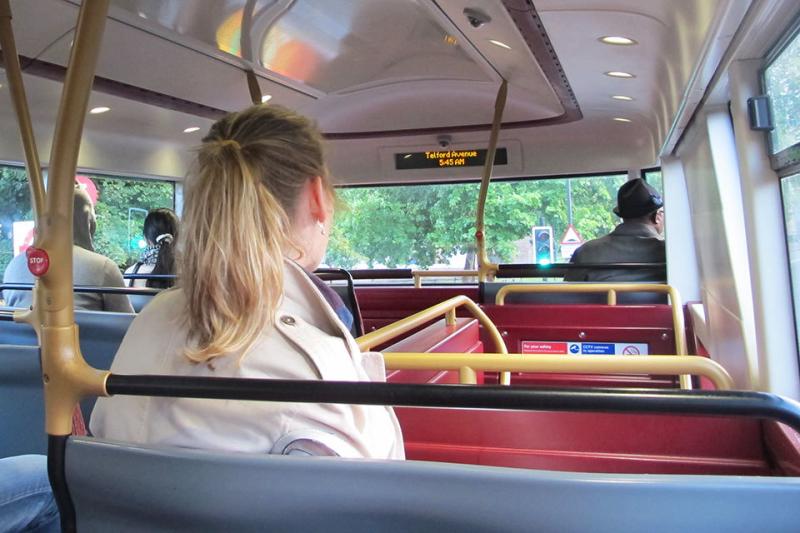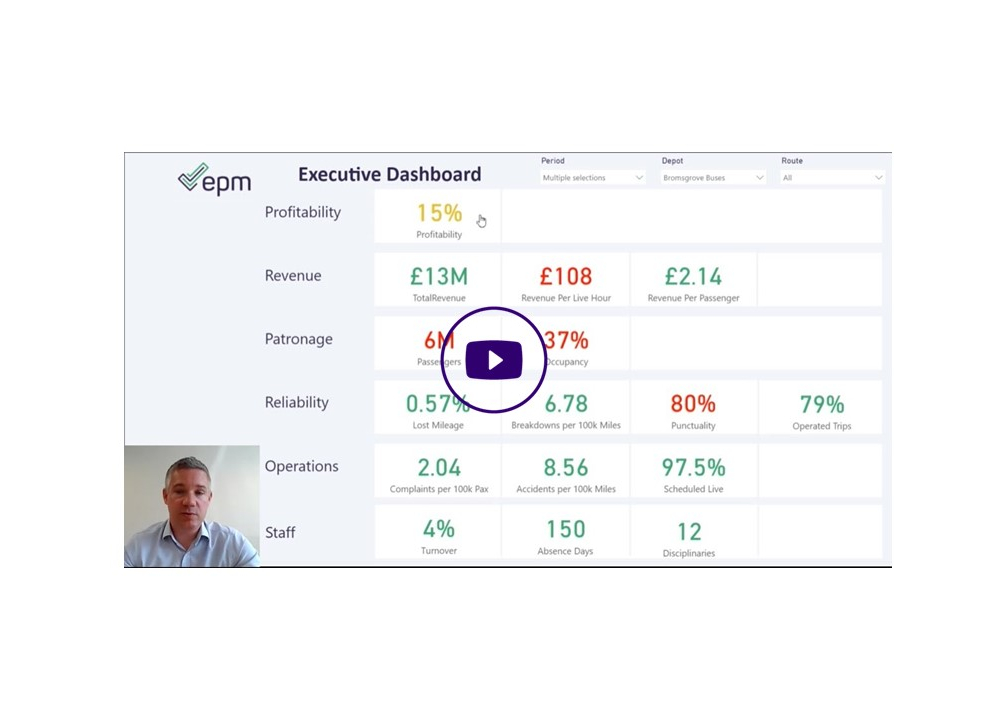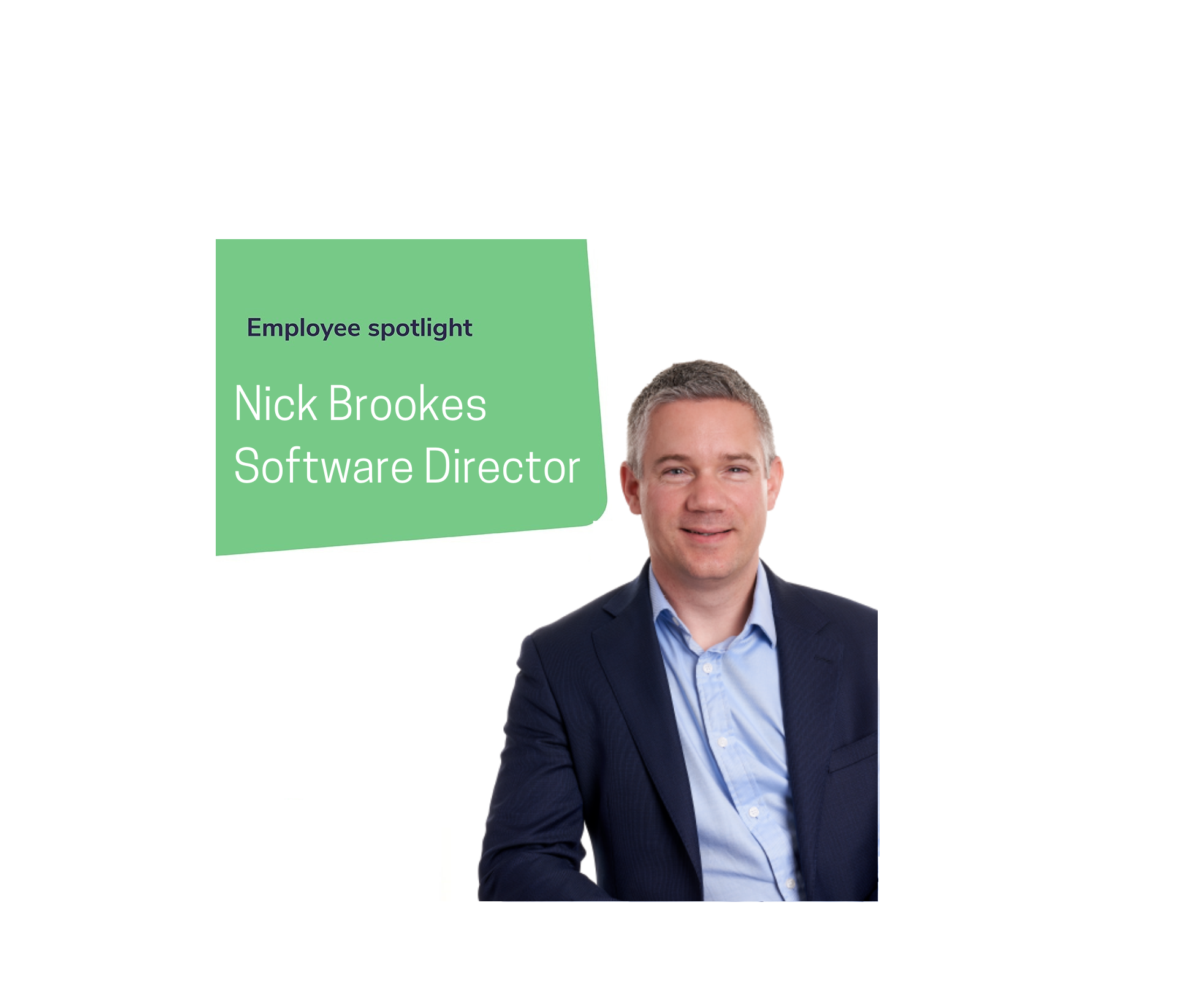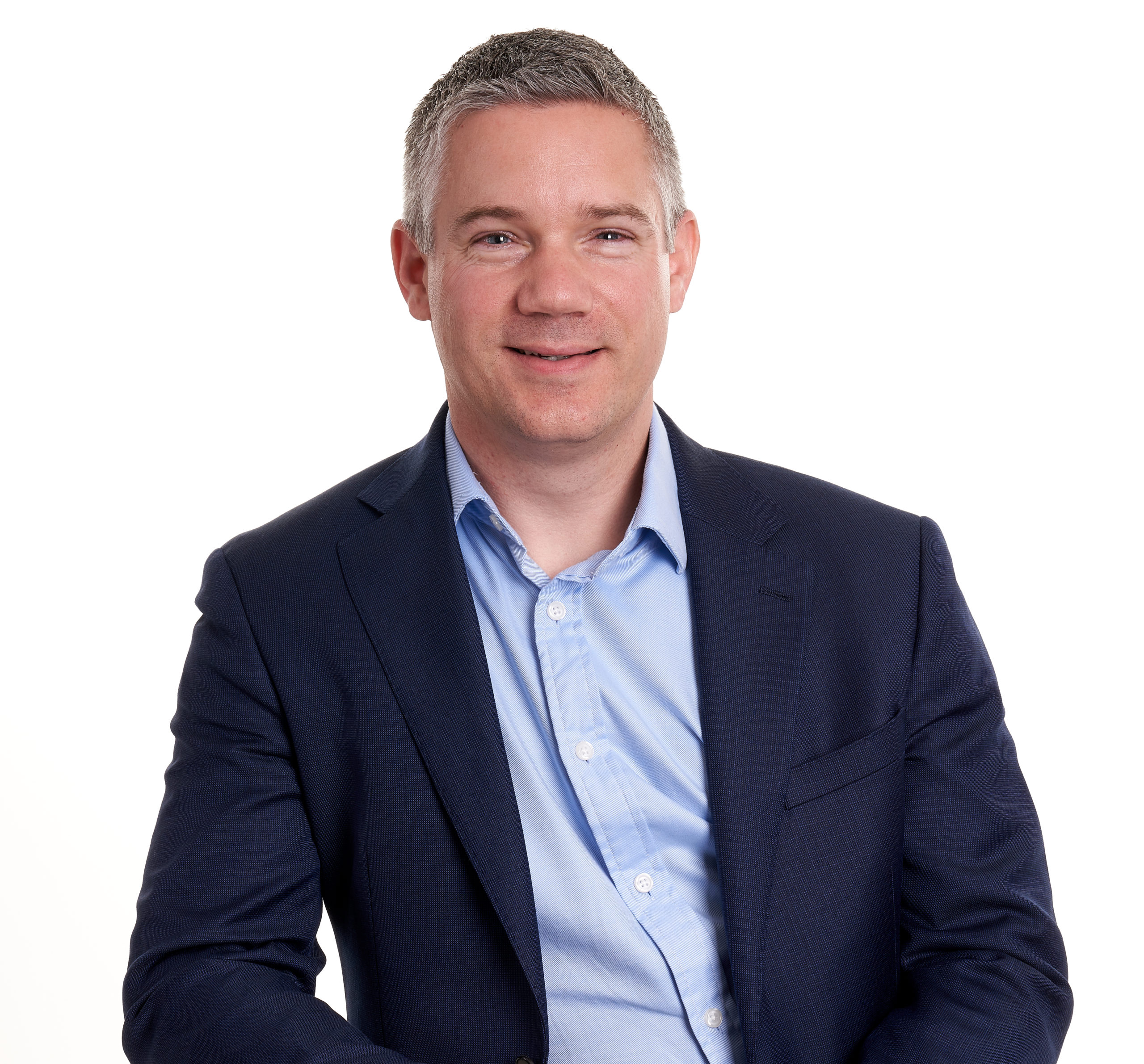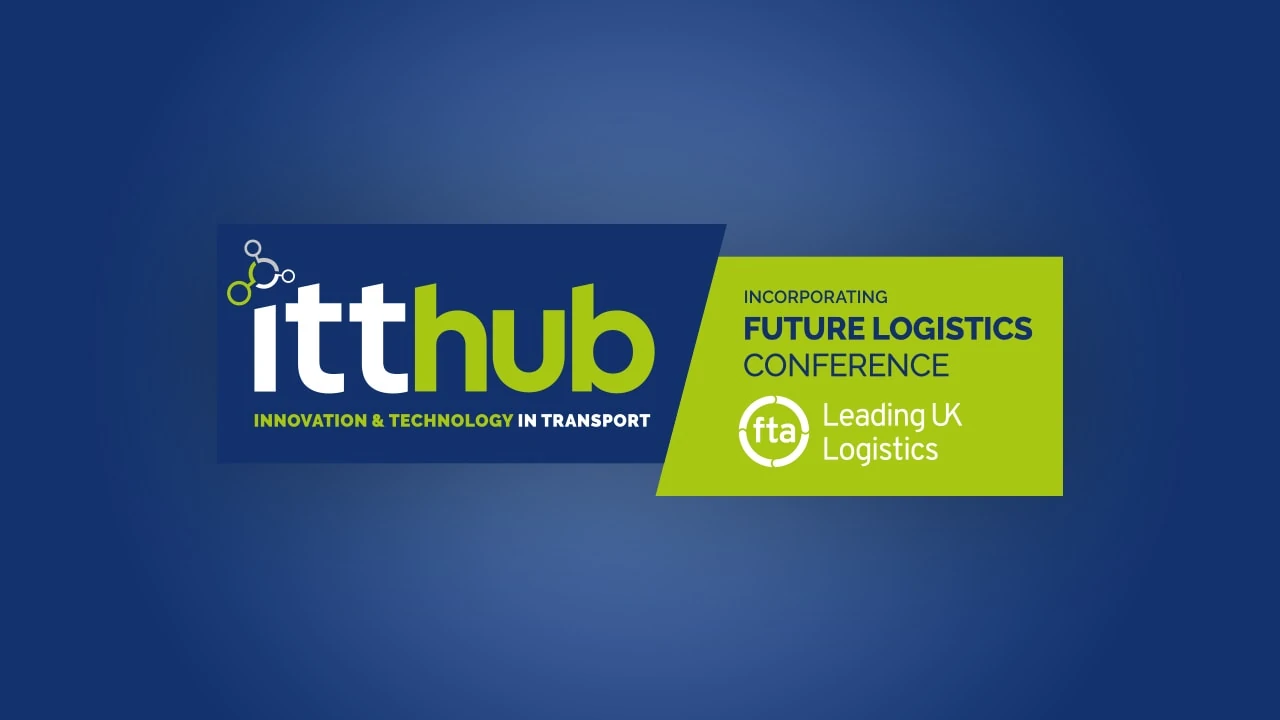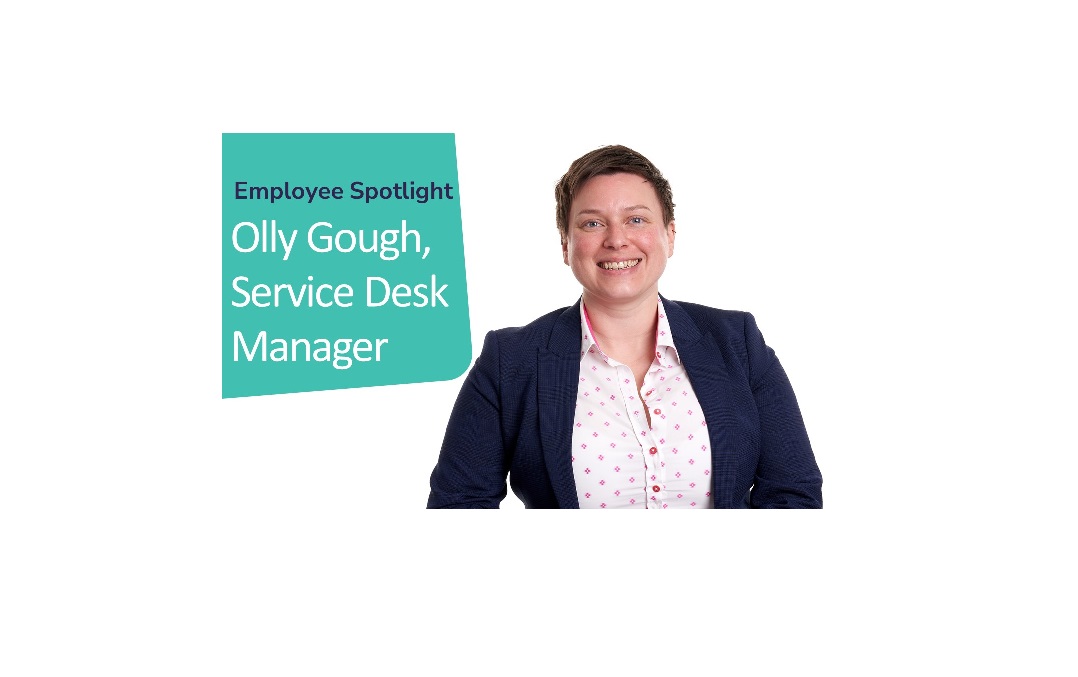
What is a day in the life of a Service Desk Manager like?
Fast-paced and never boring; no two days are the same. I have a lot of internal and client meetings and do a lot of data analysis to look for recurring issues and trends. Fortunately, I’m surrounded by a brilliant team who regularly go above and beyond which makes my life a lot easier.
What is your biggest achievement to date?
I’ve done a few things I’m proud of – I have a Masters degree from Bangor Uni, I also recently helped my Mum to relocate to a new city and find accommodation she loves but that also meets her needs. But I’d say my biggest achievement is that one of my nieces, who’s 12, told me she thinks I’m cool!
What is one hobby you would like to pick up?
There are loads of things I’d like to try. I played rugby until a couple of years ago and would definitely pick that back up again if I had the time. I miss being part of a team (outside of work) and the social side, I don’t miss the bruises and pulled muscles. Otherwise, I’d love to be able to play any musical instrument really well.
When you are not working, what are you up to?
I don’t have an awful lot of spare time but when I do I like spending time with my family – I have 9 nieces and 2 nephews so a lot of them to get around! I like cooking, trying out new restaurants and pubs with friends, and exploring the local parks with my partner and my Mum.
Where is your favourite place to go on holiday?
Iceland which was just incredible, or Ibiza – every time I’ve been, I’ve immediately booked my next trip out there.
Do you have any pets?
Yes, 2 cats. Molly who is everything you’d expect a cat to be, elegant, stand-offish and completely disinterested which just makes me want her attention even more; and Wilf whom we call Badger because personality wise, he’s closer to a Badger or a dog than a cat. Both are absolutely ruthless, so we get a lot of presents!
If you had to listen to one song for the rest of your life, what would it be and why?
That sounds awful! I guess I’d probably pick anything by Faithless, or Loud Places by Jamie XX as they’re probably the most played songs on my playlist.
Do you have a favourite film?
Jaws 100%, I’ve watched it a million times and I never get bored.
What’s a secret talent that no one knows about?
I used to be a decorator so I’m not bad at painting and wallpapering. Essentially what that means is that I sometimes get support calls outside of work hours from those friends who do know this, and are having a decorating crisis.
If you could meet anyone in the world, dead or alive, who would it be and why?
Any scientist from a couple of hundred years ago – I think it’s crazy that a lot of them used to test out theories on themselves out of necessity, so they sound like an interesting bunch. Failing that, Stephen Hawking – I have a lot of questions and that definitely appeals to my geeky sense of curiosity.
What music are you listening to at the moment?
My partner and I went to a Suede concert recently which was brilliant so we’re listening to a lot of their stuff at the moment. Also, Faithless and Jamie XX.
What’s the best advice you can give to someone who’s just started their career?
I’m not sure I’m in a position to advise anyone on that, but I think having a good work ethic is important. Treat people well and support the team around you, and definitely try to have a good work-life balance.
Read last month’s Employee Spotlight with Consulting Director, Jon Anton

